The Court of Appeal has overturned a High Court judgement blocking Al Ghurair of Dubai from printing presidential ballot papers.
The second highest court in the land on Tuesday said the High Court erred in granting orders on the grounds of public participation.
The judges ruled that public participation is not a requirement in direct procurement, which was applied by the electoral commission in awarding the contract to Al Ghurair.
They also faulted the High Court for failing to appreciate there was no time to award another tender.
However, the appellate judges agreed with their High Court counterparts in rejecting claims that President Kenyatta met Al Ghuarair officials and that he influenced the tender award.
High Court, they said, was right in holding that newspaper cuttings were not sufficient to prove that the president met directors of the firm.
“Such articles remain hearsay unless author appears in court and is interrogated on authenticity of the article,” they said.
Nasa, they said, should have also provided unmistakable evidence to prove that during the alleged meeting, the ballot printing tender was discussed.
Court has not found any such evidence, they ruled.
They also agreed with the High Court decision converting judicial review to a constitutional petition.
The Independent Electoral and Boundaries Commission (IEBC) had appealed the nullification of the tender.
Related: Presidential election could be delayed, says IEBC
High Court judges Joel Ngugi, George Odunga and John Mativo had made a finding that the commission had failed to engage the public in awarding the tender.
They had directed IEBC to start the process afresh and come up with a framework for ensuring public participation.
In the papers filed at the Court of Appeal, IEBC had argued that the judges made an error in law in finding that public participation is a mandatory precondition to direct procurement conducted as provided under the Public Procurement and Assets Disposal Act.
The commission is also dissatisfied with the order directing it to craft a programme of public participation to operationalise Article 10 of the Constitution.
“By the said finding, the judges were, in effect, directing IEBC to usurp Parliament’s role of legislating,” IEBC had argued.
The commission said the judges erred when they assumed the constitutional function and autonomy of IEBC to set operational programmes, including the timetable for procurement of election materials.
IEBC says the High Court judgment split the tender in contravention of the procurement Act.




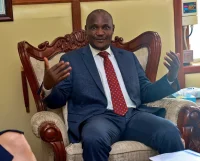
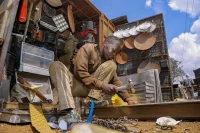



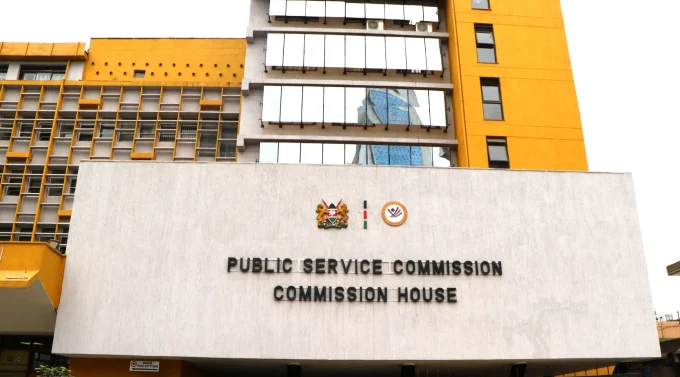
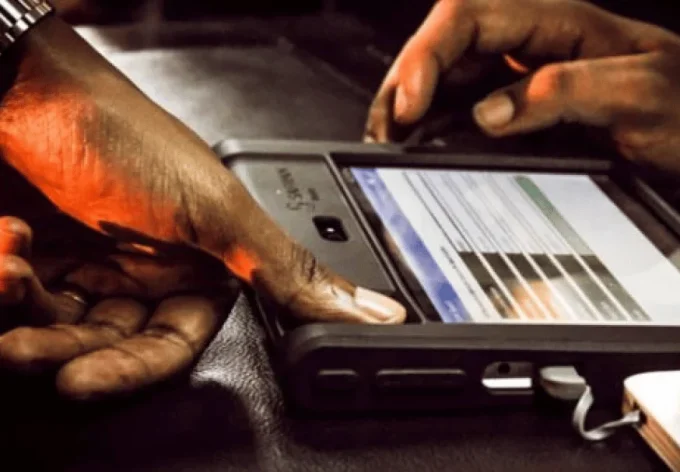
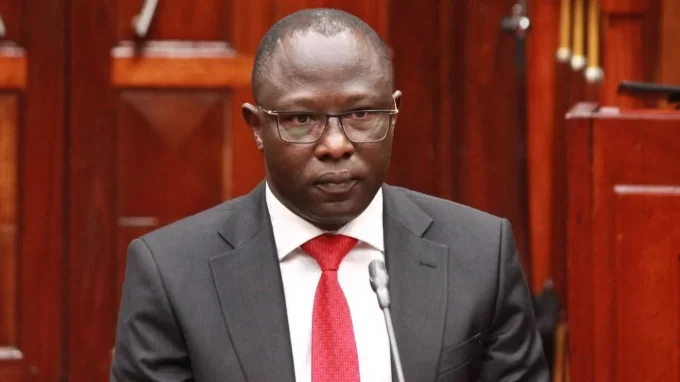

Leave a comment